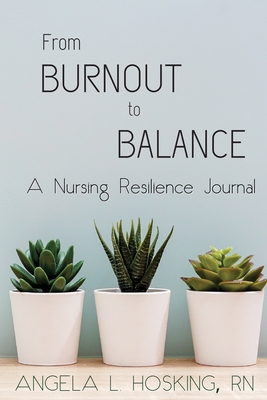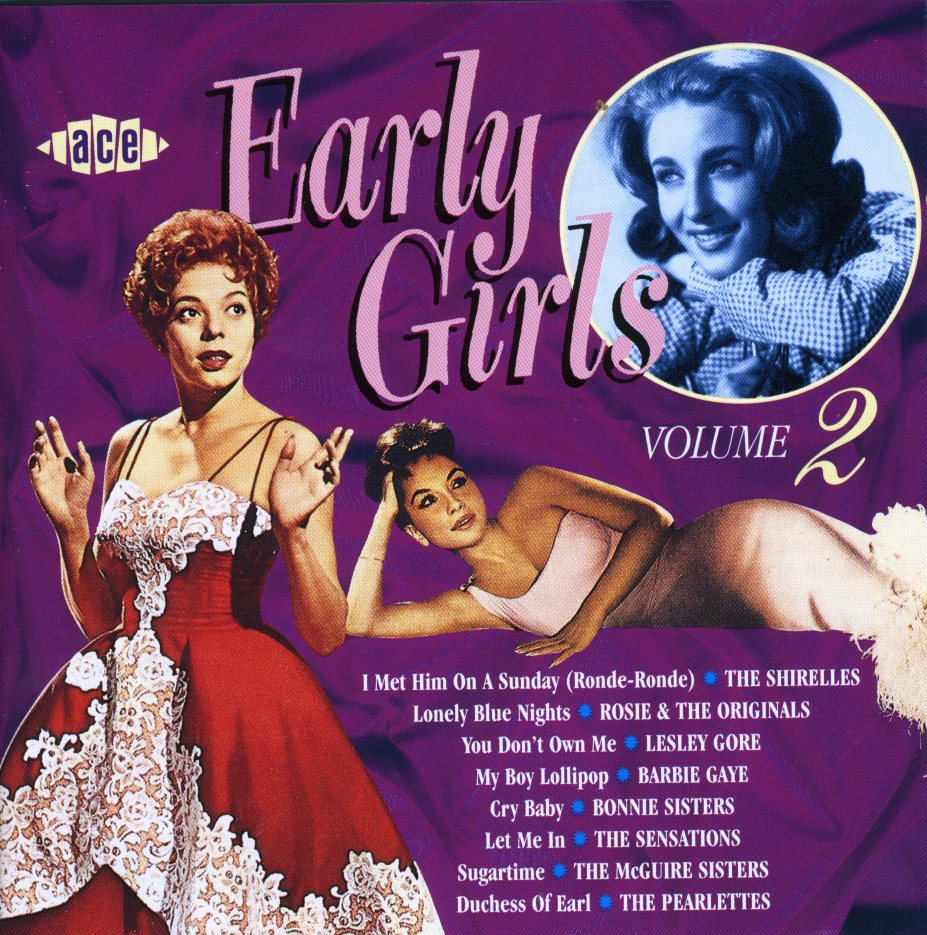
description
0Regarded by many as Thich Nhat Hanh's most personally revealing and endearing book, these collected journals chronicle the first-hand experiences of the Zen Master as a young man in both the United States and Vietnam, just as his home country is plunged into war and turmoil. It isn't likely that this collection of journal entries, which I'm calling Fragrant Palm Leaves, will pass the censors... I'll leave Vietnam tomorrow. Thus Thich Nhat Hanh begins his May 11, 1966 journal entry. After leaving Vietnam, he was exiled for calling for peace, and was unable to visit his homeland again until 2004. In the interim, Thich Nhat Hanh continued to practice and teach in the United States and Europe, and became one of the world's most respected spiritual leaders. But when these journals are written, all of that is still to come. Fragrant Palm Leaves reveals a vulnerable and questioning young man, a student and teaching assistant at Princeton and Columbia Universities from 1962-1963, homesick and reflecting on the many difficulties he and his fellow monks faced at home trying to make Buddhism relevant to the people's needs. We also follow Thich Nhat Hanh as he returns to Vietnam in 1964, and helps establish the movement known as Engaged Buddhism. A rare window into the early life of a spiritual icon, Fragrant Palm Leaves provides a model of how to live fully, with awareness, during a time of change and upheaval.
member goods
No member items were found under this heading.
listens & views

GREAT LABELS OF THE DOO ...
by GREAT LABELS OF THE DOO WOP ERA: HOLIDAY RECORDS
COMPACT DISCout of stock
$6.25
Return Policy
All sales are final
Shipping
No special shipping considerations available.
Shipping fees determined at checkout.






